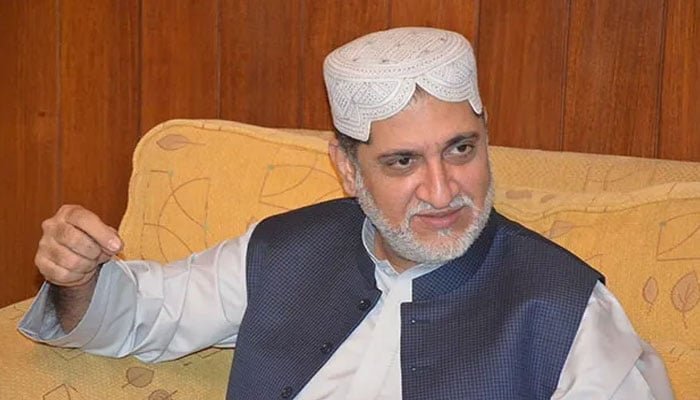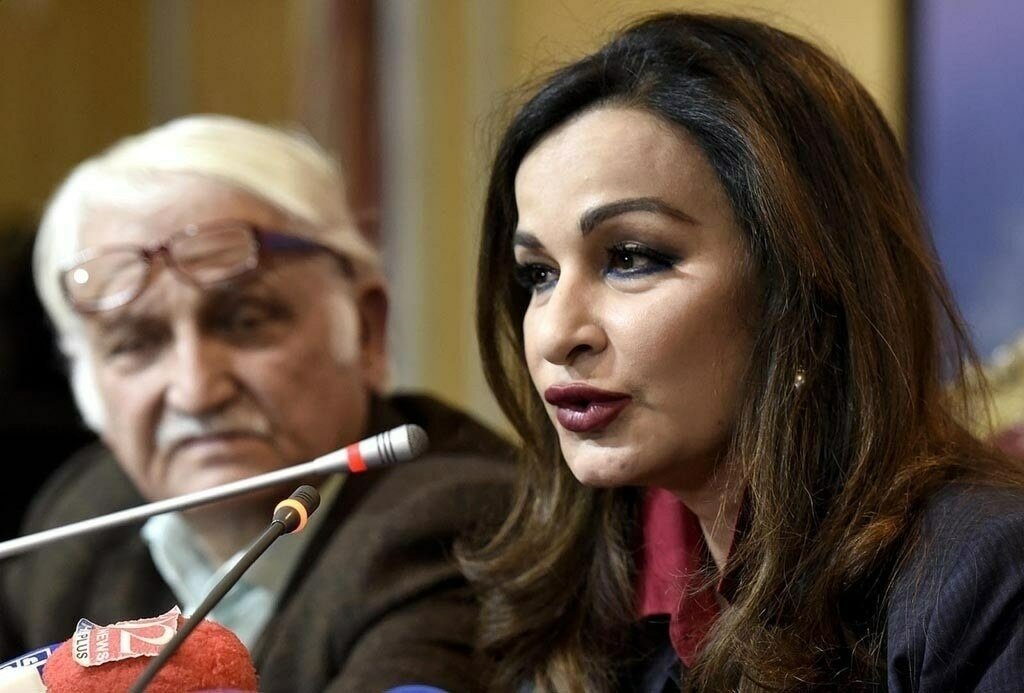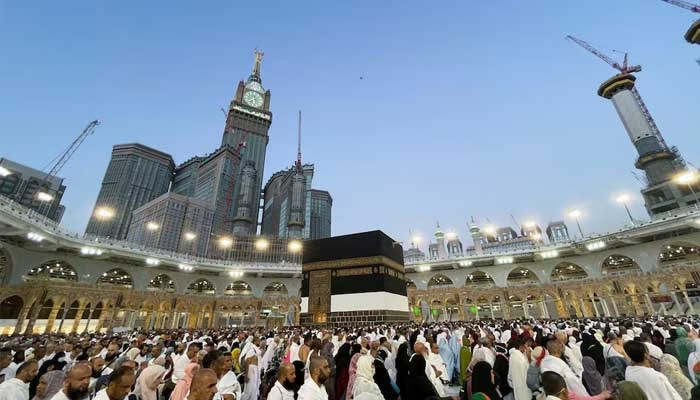Sardar Akhtar Mengal, Chief of the Balochistan Awami Party (BNP), has delivered a scathing critique of the government formed at the center, dismissing it as illegitimate and emphasizing the need for opposition unity to address pressing issues facing the country. Speaking at a meeting of the opposition alliance in Pashin, Mengal condemned the government’s actions and policies, asserting that it does not represent the true interests of the Pakistani people.
Mengal expressed his disillusionment with the current government, stating that he does not recognize it as the legitimate authority of Pakistan. Instead, he characterized it as a product of Form 47 and the Election Commission, implying that its mandate lacks legitimacy in the eyes of the opposition alliance.
In his address, Mengal highlighted the government’s authoritarian tendencies, particularly its imposition of Section 144 to suppress dissent and protest. He questioned the effectiveness of such measures in curbing the political activism of opposition workers, noting that despite adverse weather conditions, people still participated in rallies, defying restrictions imposed by the authorities.
Moreover, Mengal decried the prevailing socio-economic conditions in the country, lamenting the plight of ordinary citizens who continue to suffer from unemployment and economic hardship. He criticized the government for its failure to address the needs and aspirations of the people, accusing it of perpetuating a system of corruption and nepotism that undermines meritocracy and perpetuates inequality.
Drawing attention to the issue of enforced disappearances, Mengal underscored the persistent challenges faced by human rights activists in advocating for the rights of missing persons. He lamented the lack of accountability and transparency surrounding cases of enforced disappearances, highlighting the government’s indifference towards addressing this humanitarian crisis.
In a bold declaration, Mengal reiterated his refusal to recognize the legitimacy of the current government, asserting that it does not have the mandate or legitimacy to govern the country. He called for a concerted opposition movement to challenge the government’s authority and advocate for the interests of the people.
The announcement of a Constitution Protection Movement by the six-party opposition alliance underscores their commitment to safeguarding democratic principles and protecting the rights of citizens. Mengal credited the Pashtun Khameep for spearheading the movement, highlighting the importance of unity and solidarity among opposition forces in confronting the government’s policies and actions.
As the opposition alliance prepares to intensify its resistance against the government, Mengal’s remarks signal a growing consensus among opposition parties to challenge the status quo and demand accountability from those in power. With public discontent on the rise and dissatisfaction with the government’s performance mounting, the opposition’s decision to unite and mobilize represents a significant development in Pakistan’s political landscape.



